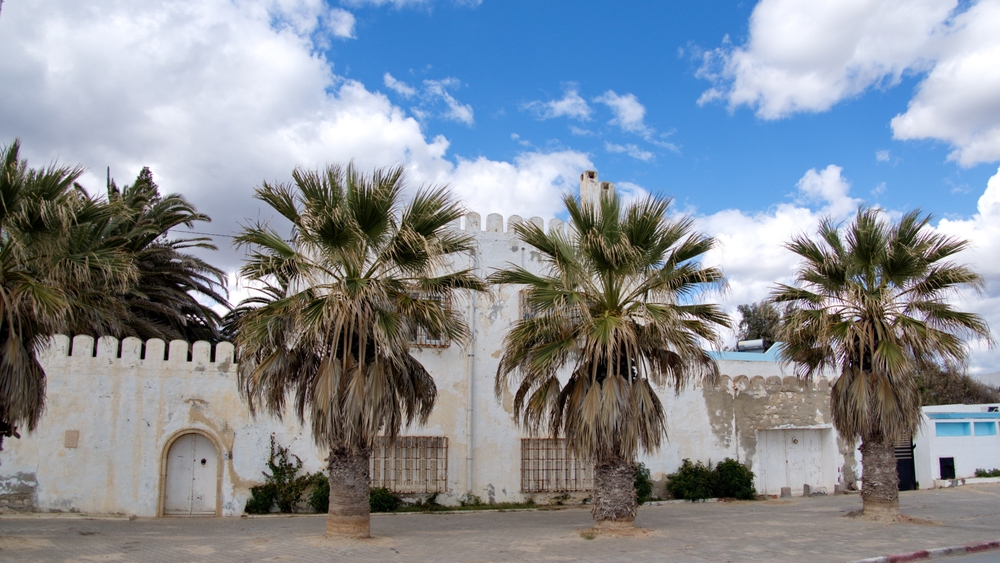Last week, several former Italian intelligence agents were poisoned in Hammamet, a coastal city in Tunisia. The incident occurred after a dinner among old friends and colleagues, many of whom had retired and relocated to Tunisia. According to multiple sources, the toxic substance was found in a homemade liqueur served by the host. Out of the approximately ten dinner guests, four drank the tainted liqueur and were later hospitalized with severe poisoning symptoms. One of the victims, Giuseppe Maio, a former agent with AISI (the domestic intelligence agency), died within hours.
Another former agent, whose affiliation remains unclear—whether with AISI or AISE (the foreign intelligence service)—is in critical condition in a hospital in Nabeul, north of Hammamet. Doctors are currently considering transferring him to Italy for treatment. Two other ex-agents suffered milder effects and are under observation at the Anti-Poison Center in Tunis. Two other dinner guests, who did not consume the liqueur, have returned to Italy unharmed.
The case, which remains shrouded in mystery, was only made public several days after the incident by the news agency Agenzia Nova. Many details are still unknown, and so far, there has been no official comment from the Italian government or intelligence authorities. COPASIR, the parliamentary committee overseeing intelligence operations, has requested clarification from the government. The matter is being handled by Undersecretary to the Prime Minister Alfredo Mantovano, responsible for intelligence affairs, and Elisabetta Belloni, head of DIS, which coordinates AISI and AISE activities.
Initially, reports suggested that active intelligence agents were involved, but it later became clear that all the individuals were retired carabinieri and police officers who had worked for AISI and AISE. Many had moved to Tunisia in recent years to take advantage of tax breaks offered to foreign retirees. Despite Tunisia’s severe economic and political crisis, the country remains an attractive destination for European retirees due to favorable tax incentives and exchange rates. Some of these former agents had built new lives in Tunisia, forming new relationships and circles of friends.
According to informal reports from intelligence sources, the poisoning may have been caused by contamination of the homemade liqueur served at the dinner. The drink, known as persichetto, is made by infusing peach leaves and cracked peach pits in alcohol. During fermentation, the pits can release small amounts of hydrocyanic acid, commonly known as cyanide. At a press conference following a Cabinet meeting on October 2, Mantovano referred to the incident as “a tragic accident, as far as we know” but provided no further details.

